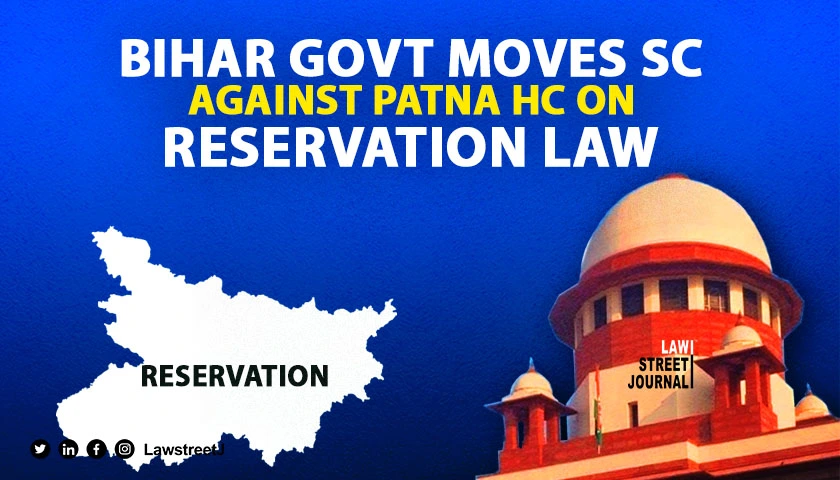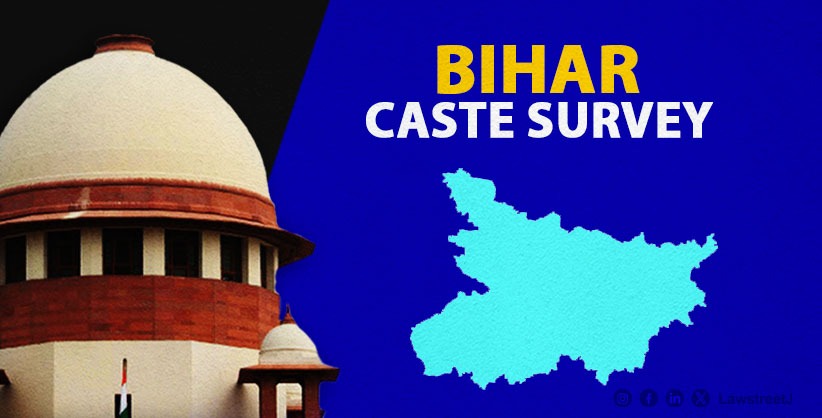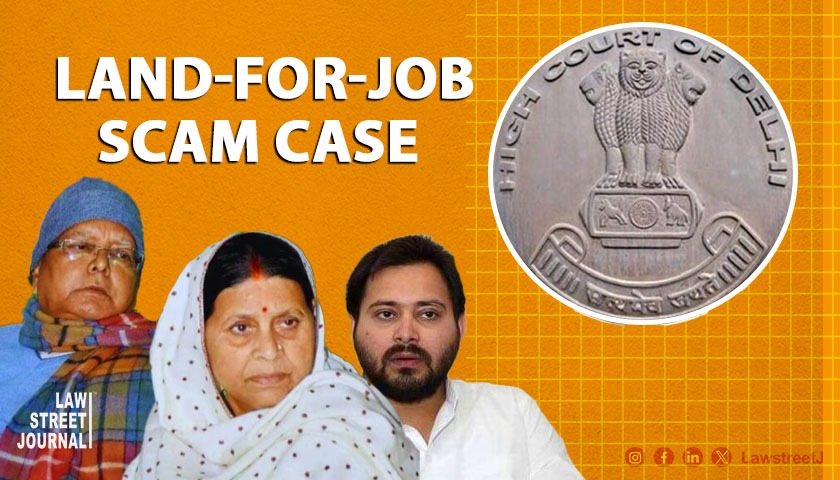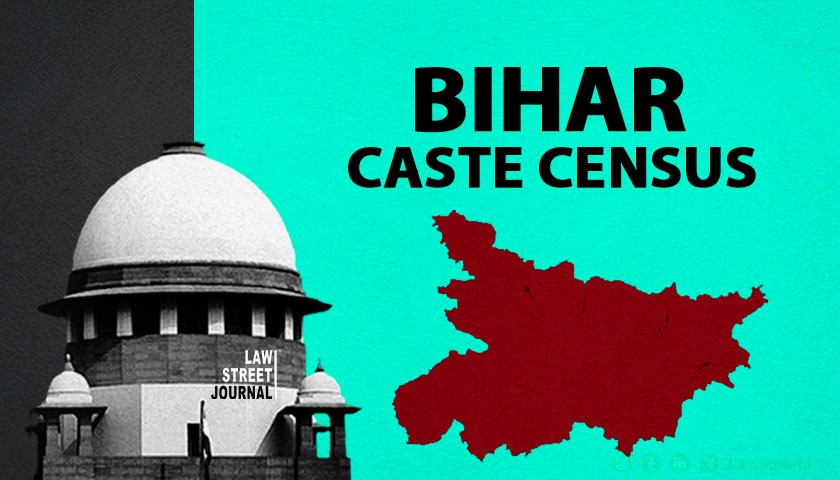Bihar: The Bihar Government has moved the Supreme Court challenging the Patna High Courts decision to set aside the Bihar Reservation of Vacancies in Posts and Services (for Scheduled Castes, Scheduled Tribes, and Other Backward Classes) Amendment Act, 2023 (Amendment Act) and the Bihar Reservation (in Admission to Educational Institutions) Amendment Act.
The Bihar Government called the Patna High Court order erroneous and contrary to the law laid down by the top court. According to the petition, the Patna High Court failed to apply the law laid down by the top court regarding the State Amendment Acts, rendering the order unsustainable.
On June 20, the Patna High Court set aside the Bihar Reservation of Vacancies in Posts and Services (for Scheduled Castes, Scheduled Tribes, and Other Backward Classes) Amendment Act, 2023 (Amendment Act) and the Bihar Reservation (in Admission to Educational Institutions) Amendment Act, 2023.
It is respectfully submitted that the Honble Court, in the Maratha Reservation Judgment, rejected the demands of States, including Bihar, to refer the matter to a larger bench in view of the 50% ceiling prescribed in the Indra Sawhney judgment. The rejection was based, inter alia, on the grounds that the Indra Sawhney judgment itself allows for breaching the 50% ceiling if States can satisfy the social test for the backwardness of the class. The State of Bihar is the only state that conducted this exercise and published its Caste Survey Report on the socio-economic and educational conditions of the entire population. The State has complied with the binding decisions of this Honble Court and subsequently amended the Reservation Acts, the Bihar Government stated.
According to the Bihar Government, the Amendment Acts aim to provide adequate representation to backward classes by increasing reservations for Scheduled Castes (SC), Scheduled Tribes (ST), Extremely Backward Class (EBC), and Backward Class (BC) to 65% from the existing 50%. The Amendment Acts were passed following the Bihar Caste Survey 2022-23, which satisfies the social test parameters affirmed by the top court to breach the 50% reservation ceiling, the petition added.
Notably, in a similar matter, the top court, in its order dated 01.05.2023, in Yogesh Kumar Thakur v. Guru Ghasidas Sahitya Avam Sanskriti Academy & Ors (Special Leave Petition (Civil) No. 18816-18817 of 2022), stayed the judgment of the Honble Chhattisgarh High Court, whereby reservations in public service and posts were increased from 50% to 58%, the plea continued.
The High Court, in issuing the Impugned Judgment, failed to appreciate the true nature and import of Article 16(4) of the Constitution of India, as per the law laid down by the top court in the Indra Sawhney & Ors v. Union of India matter, the plea argued.
The Honble High Court exceeded the legitimate scope of judicial review by substituting the opinion of the state regarding the adequacy of representation with its own opinion. Furthermore, the Impugned Judgment failed to recognize that the 50% ceiling is not an inviolable rule and may be breached under exceptional circumstances.
The existence of such exceptional circumstances should be determined by the State after conducting a Social Test, as outlined by the Petitioners in accordance with the decision of this Honble Court in Jaishri Laxmirao Patil. Based on the Caste Census, the Petitioner rightly concluded that the backward classes were not adequately represented and that there was a need to enhance affirmative action to achieve the Constitutional goal of substantive equality.
It is submitted that the Impugned Judgment is contrary to the law laid down by this Honble Court. While the Honble High Court referred to and relied on the judgments of this Honble Court, it failed to apply the law laid down by this Honble Court regarding the State Amendment Acts, the petition concluded.










![Social torture classifies as cruelty for purposes of divorce, Patna HC holds [Read Judgment]](/secure/uploads/2023/12/lj_1179_13d7937d-24da-413f-b719-7a93009e892b.jpg)




